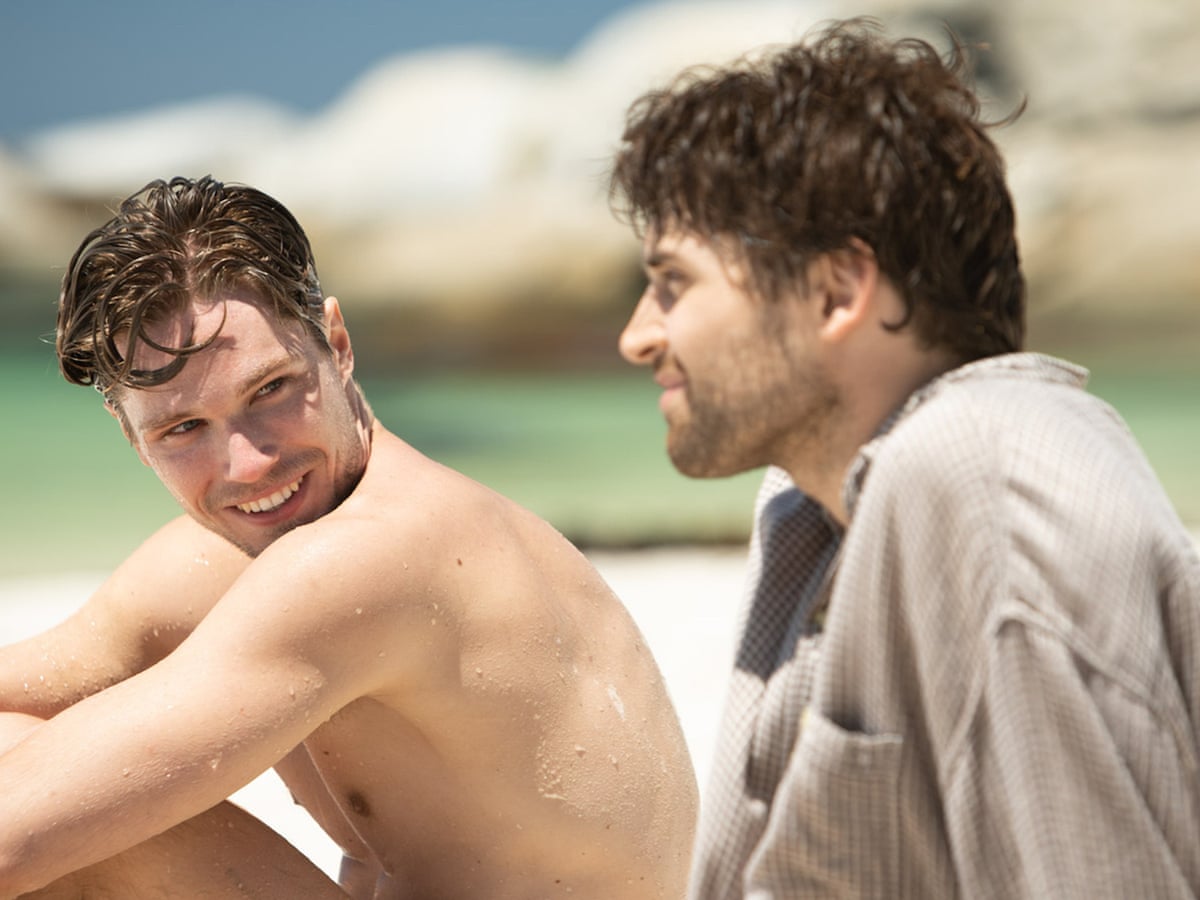Moffie (2019) – A Haunting Portrait of Repression and Identity
The 2019 South African film Moffie, directed by Oliver Hermanus, is a striking and deeply affecting exploration of masculinity, repression, and identity under apartheid. Based on the autobiographical novel by André Carl van der Merwe, the film sheds light on a little-known aspect of South African history: the mandatory military service imposed on young white men during the apartheid era. Through the lens of one conscript’s journey, the film examines how nationalism, homophobia, and systemic violence intertwine to shape both personal and collective identities.
Set in 1981, Moffie follows the story of Nicholas van der Swart, a sensitive and introverted teenager who is drafted into the South African Defence Force at the age of 18. The term “moffie” is a derogatory Afrikaans slur for gay men, and it hangs over Nicholas like a shadow throughout the film. In a hyper-masculine military environment, where conformity and aggression are valued above all else, Nicholas must hide his sexuality and navigate the brutal culture of hazing, racism, and indoctrination. His quiet struggle becomes a mirror of the larger societal repression enforced by apartheid.

Nicholas’s world becomes more complicated when he forms a tentative bond with a fellow conscript, Dylan Stassen. Their unspoken connection—rooted in glances and small gestures—offers Nicholas both solace and danger. The threat of exposure looms constantly, as homosexuality is not only taboo but also punishable by severe consequences within the army’s rigid system. This tension is heightened by the ever-present violence of military training, where humiliation and physical abuse are standard tools of control.
Visually, Moffie is a stunning achievement. Jamie Ramsay’s cinematography captures the harsh South African landscapes, juxtaposing the beauty of the country with the cruelty of the military camp. The camera lingers on Nicholas’s face, allowing viewers to feel the weight of his silence and fear. Hermanus employs long, contemplative shots that immerse the audience in the psychological intensity of the story, making the film both intimate and epic in scope.
The performances are equally compelling. Kai Luke Brümmer, as Nicholas, delivers a nuanced portrayal of a young man caught between duty, desire, and survival. His subtle expressions convey the complexity of living under constant scrutiny, while Ryan de Villiers, as Dylan, brings warmth and vulnerability to a character who represents both love and risk. The chemistry between the two actors underscores the forbidden nature of their bond, heightening the film’s emotional resonance.

Beyond its individual narrative, Moffie critiques the larger structures of apartheid, exposing how militarization and authoritarian values reinforced systems of oppression. The film draws parallels between racism and homophobia, illustrating how both were weaponized to maintain power and control. In this sense, Moffie is not just a coming-of-age story but also a commentary on the corrosive effects of intolerance and repression on an entire society.
Ultimately, Moffie is a haunting and unforgettable work of cinema. It captures the pain of hiding one’s true self, the longing for connection, and the suffocating weight of authoritarian ideologies. By giving voice to a silenced chapter of history, the film resonates far beyond South Africa, speaking to universal themes of love, identity, and the cost of survival in oppressive systems.


